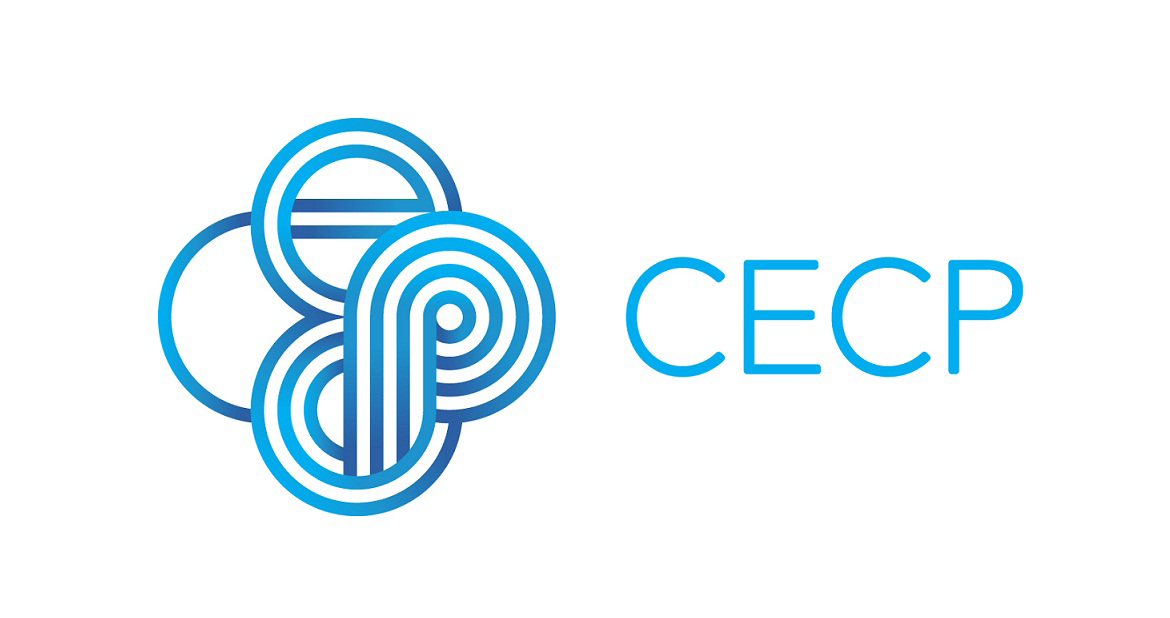Three Ways IBM Is Using Technology to Serve the Public Good
By Jen Crozier, President, IBM Foundation & Vice President, IBM Corporate Citizenship

As Originally Featured on CECP's Insights Blog
Technologies like AI, blockchain, and cloud are enabling us to make significant progress on many thorny social challenges.
But without thoughtful stewardship about how these powerful new technologies are designed, developed and brought into the world, they can also be disruptive in a negative way.
Companies that are leading the way in developing new technologies must also lead the way in ensuring they are secure, trustworthy, fair, and benefit all people.
Nearly 300 corporate leaders gathered this week at the CECP 2018 Summit: Leading Through Complexity to look at how corporations can be a force for good in society. I had the opportunity share three ways that IBM is working to ensure our technologies serve the public good: through data responsibility, education and skills, and inclusion.
1. Data Responsibility
Any organization that collects and handles data must be a good steward of that data – to protect it from unauthorized access, to be transparent about who owns the data and what it’s used for, and to use it in an ethical manner.
Drawing on our own experience, we’re advising clients on bringing data practices and systems into compliance with the complex requirements of Europe’s GDPR regulations, which are coming into effect in just a few days.
Additionally, we’re investing heavily in developing blockchain solutions to provide trusted record management across a range of issues. For example, following Hurricane Harvey, we’re working with the OneStar Foundation in Texas to develop a blockchain proof of concept to support communities recovering from disaster, by helping to ensure that dollars get to the people who need it.
Continue reading at https://cecp.me/2J0UubW.

